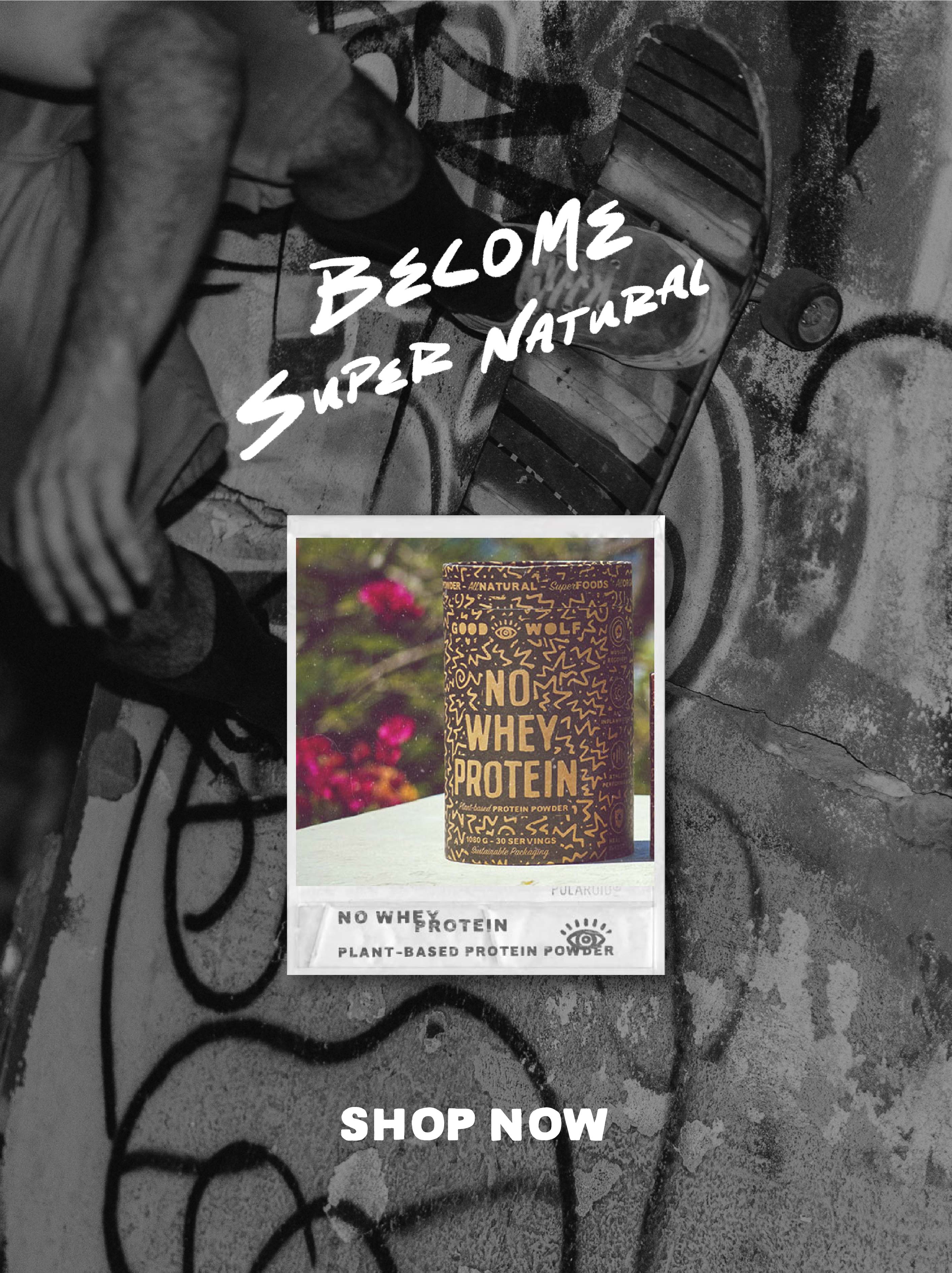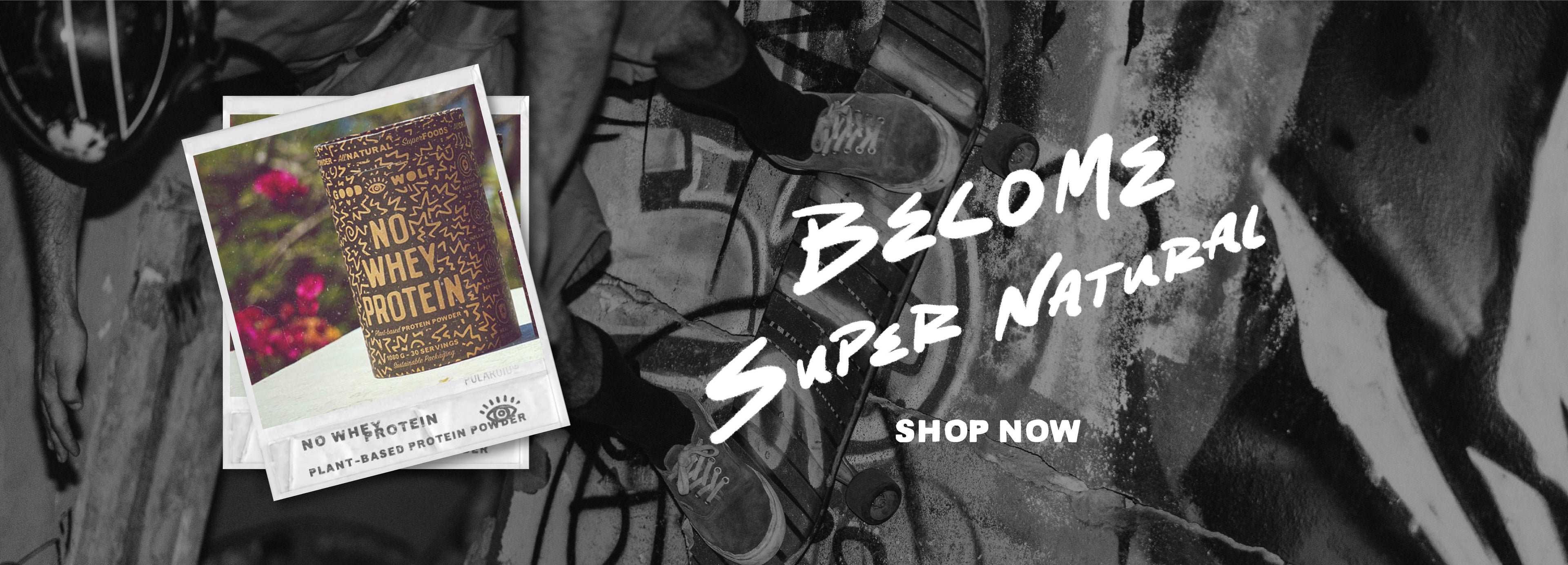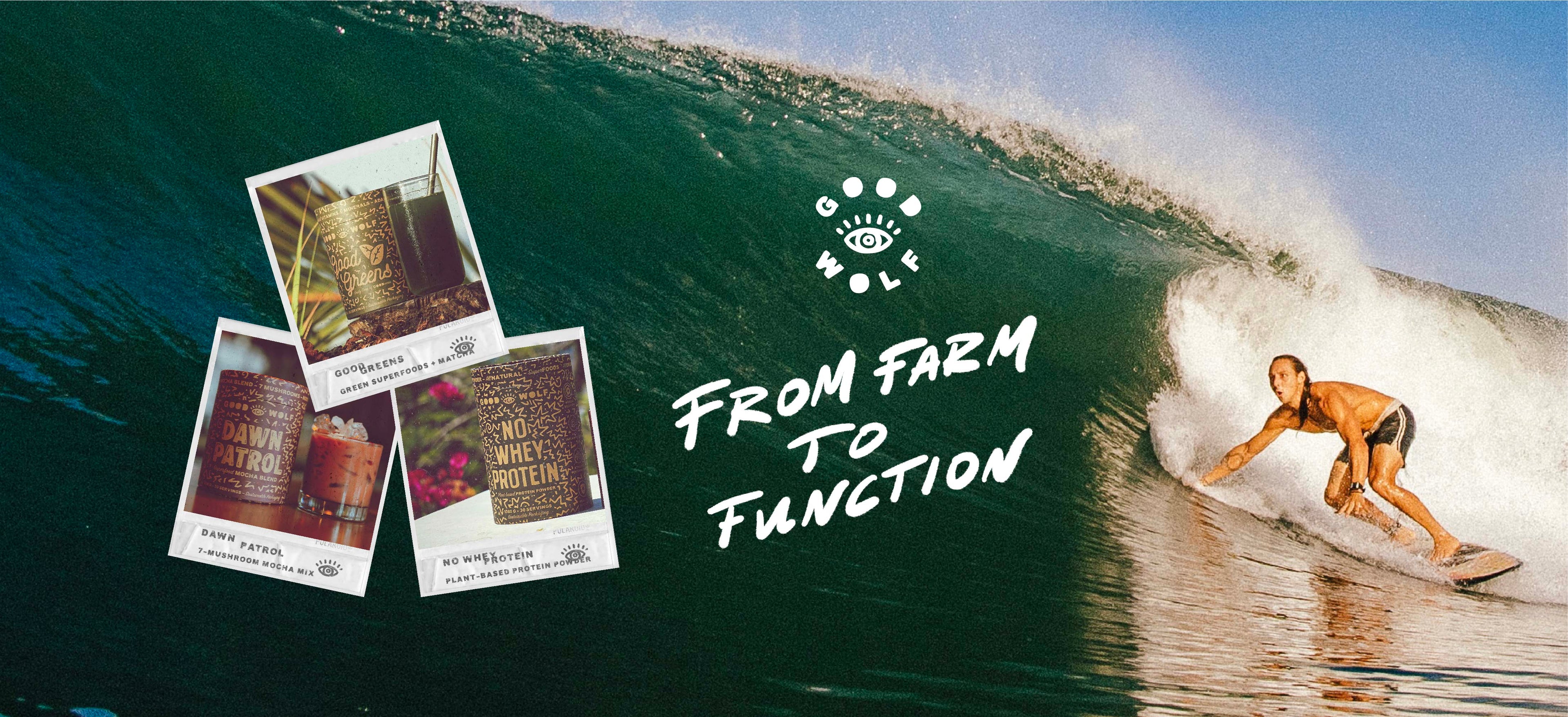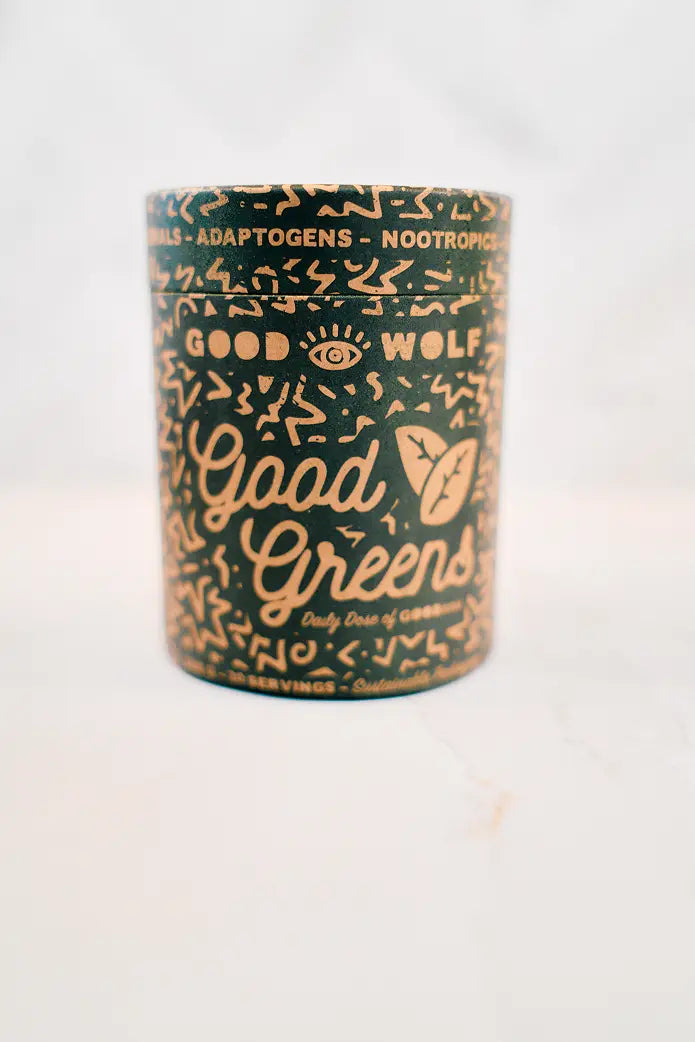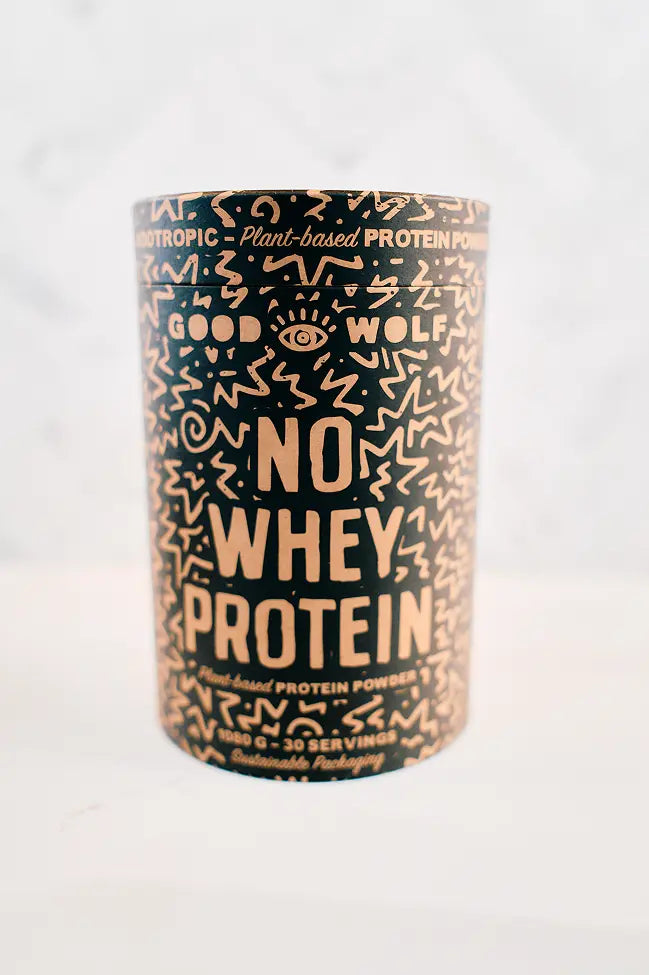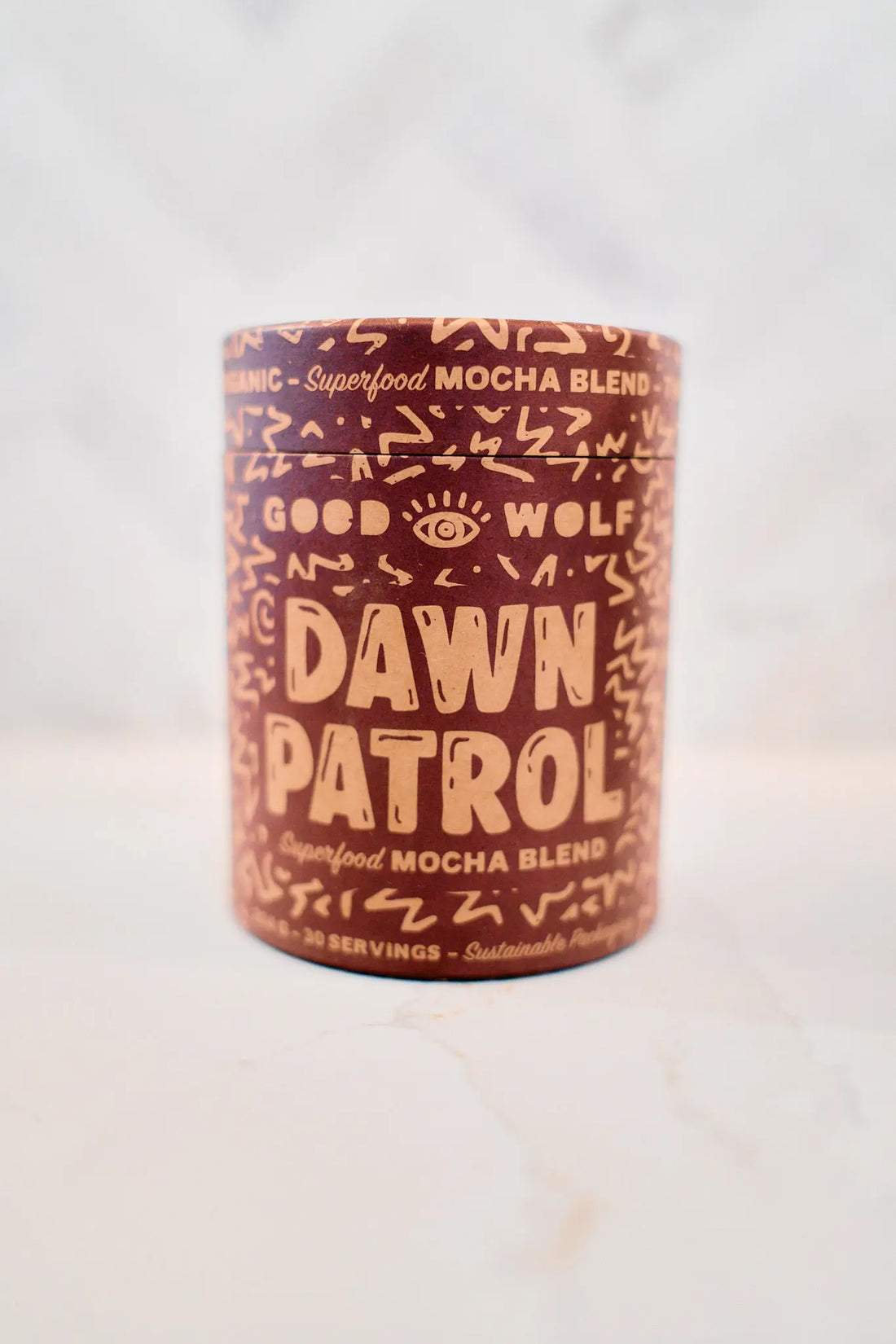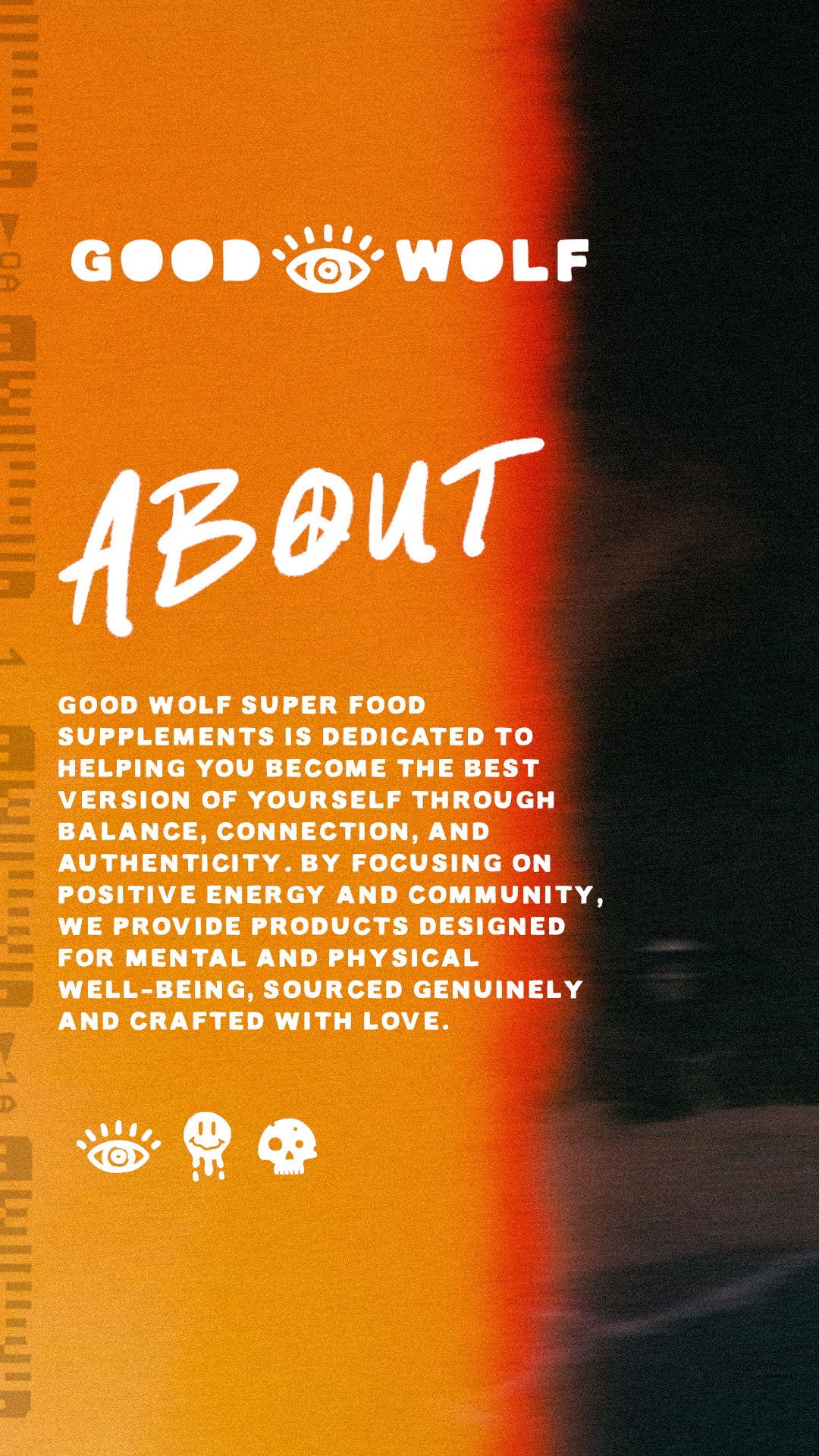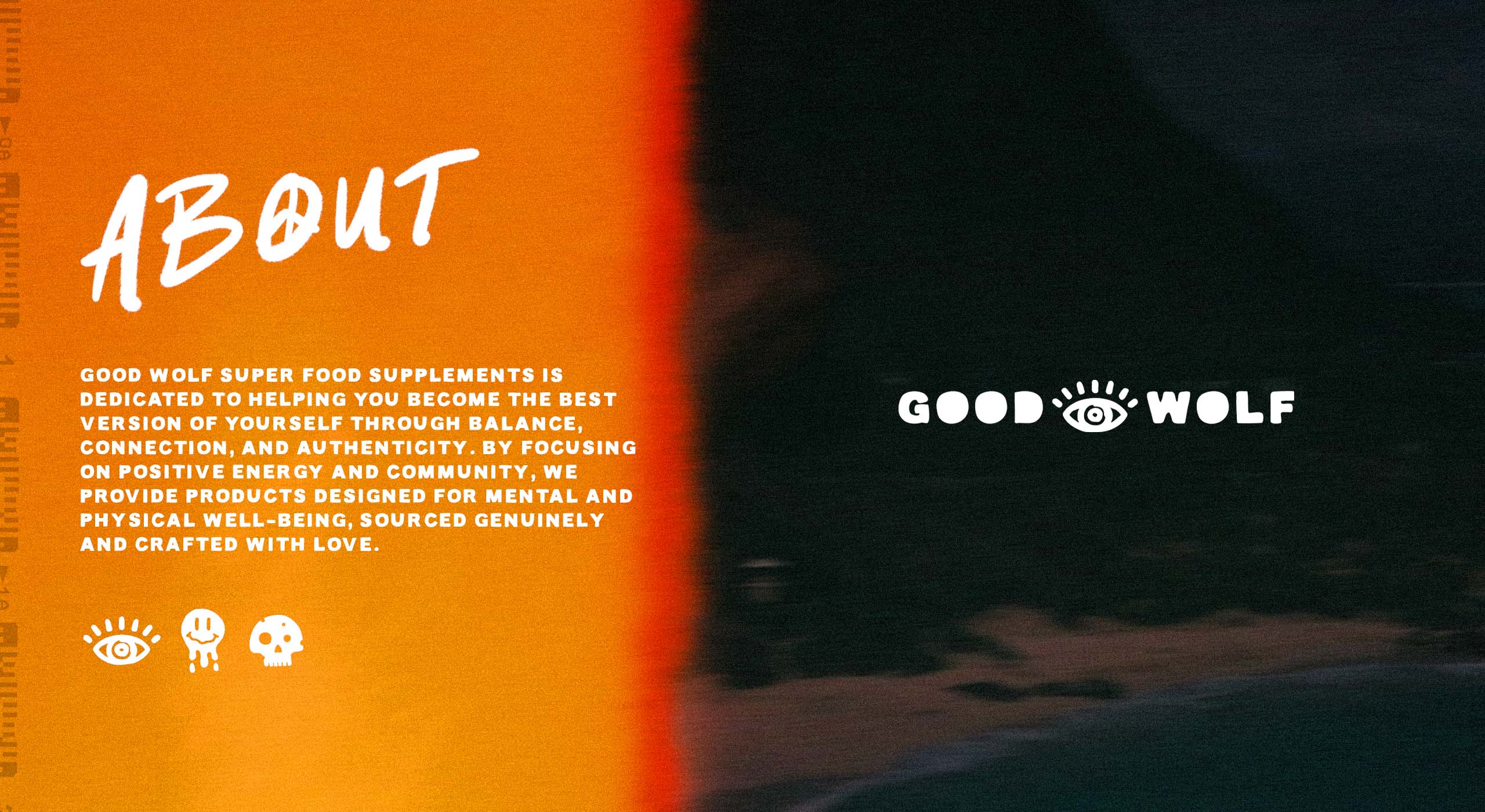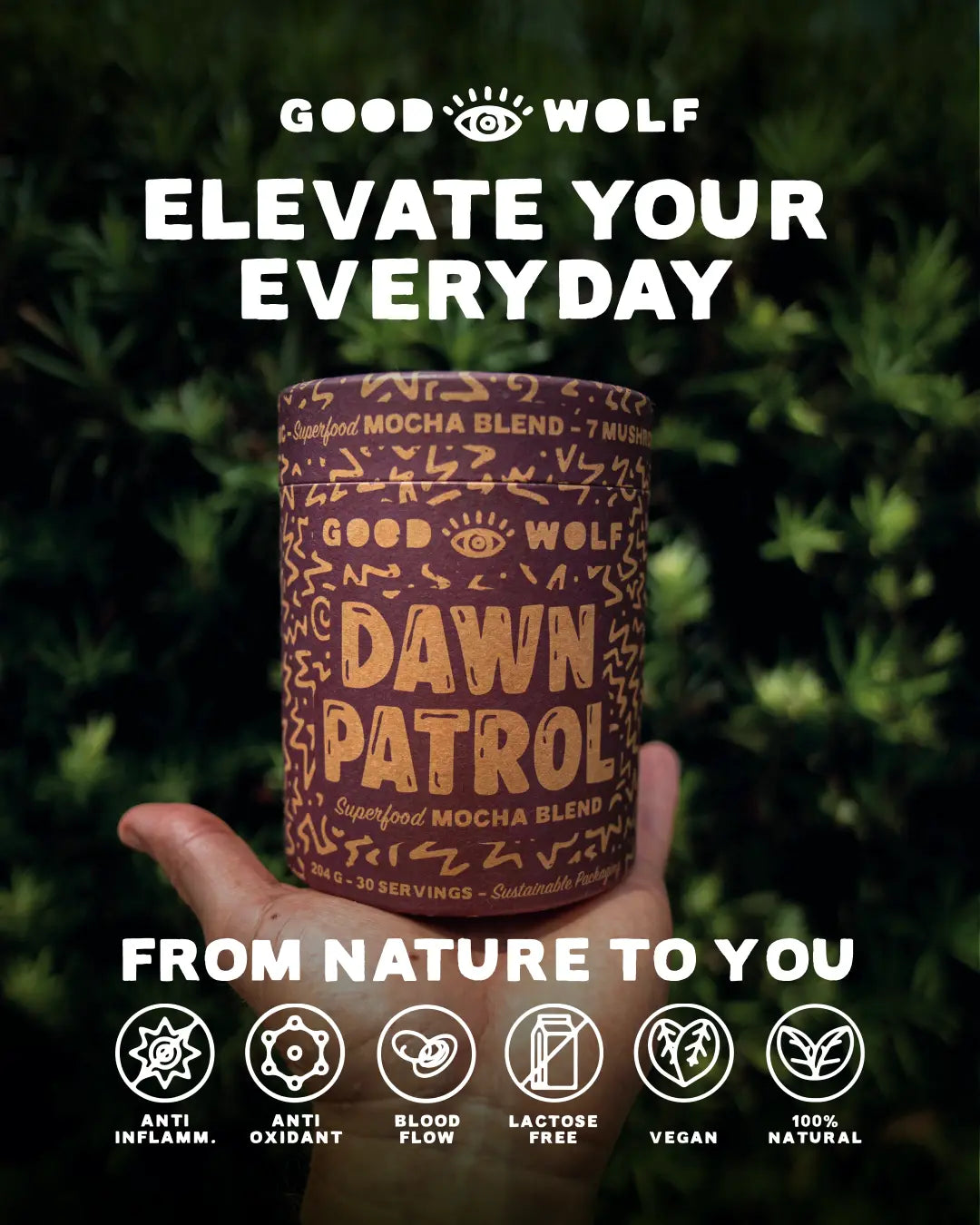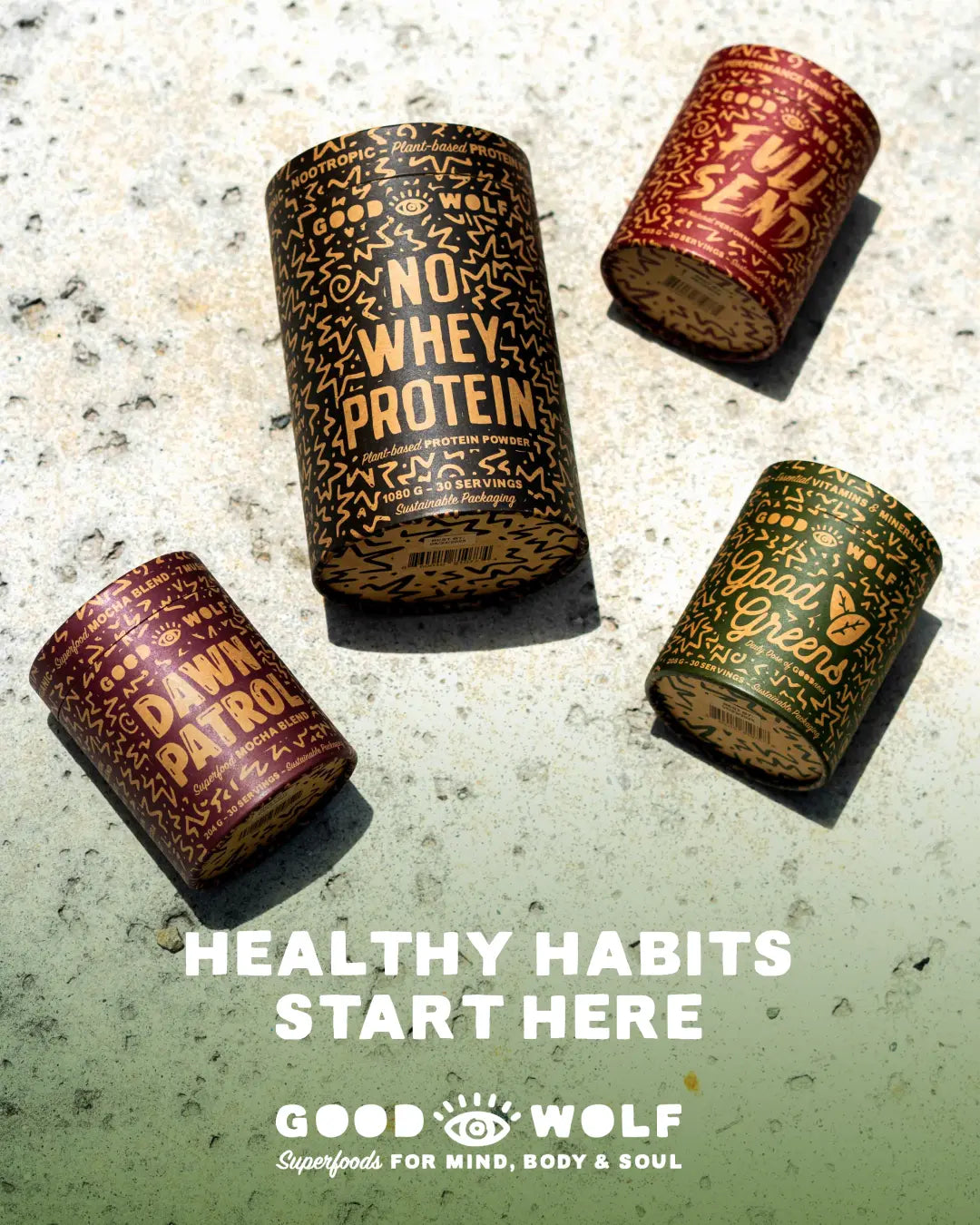The Ultimate Guide to Vegan Protein Powder: Boost Your Nutrition Naturally
In the world of fitness and health, protein is a vital component for muscle growth, repair, and overall well-being. With the rise of plant-based diets, finding high-quality protein sources that meet dietary needs has become increasingly important. Plant-based protein powders offer a sustainable, allergen-free alternative to traditional animal-based proteins. In this blog post, we'll explore the most common types of plant-based protein powders, their benefits, and why pea protein stands out for its high bioavailability. Whether you follow a vegan diet or are simply looking for Vegan Protein Powder, we've got you covered.
Common Types of Plant-Based Protein Powders
1. Pea Protein
Pea protein is derived from yellow split peas and is renowned for its high bioavailability, meaning it is easily digested and absorbed by the body. It contains all nine essential amino acids, making it a complete protein source. Pea protein is also rich in branched-chain amino acids (BCAAs), which are crucial for muscle repair and growth.
Benefits:
- High bioavailability
- Complete protein with all essential amino acids
- Rich in BCAAs
- Hypoallergenic and easy to digest
2. Rice Protein
Rice protein is made from brown rice and is another popular plant-based protein option. While it is not a complete protein on its own, it can be combined with other protein sources to provide a full amino acid profile. Rice protein is hypoallergenic, making it suitable for individuals with food sensitivities.
Benefits:
- Easily digestible
- Hypoallergenic
- Good source of B vitamins and fiber
- Can be combined with other proteins for a complete amino acid profile
3. Hemp Protein
Hemp protein is derived from the seeds of the hemp plant and is a complete protein source. It is rich in omega-3 and omega-6 fatty acids, which support heart health. Additionally, hemp protein contains fiber, vitamins, and minerals, making it a nutrient-dense option.
Benefits:
- Complete protein with all essential amino acids
- Rich in healthy fats
- High in fiber
- Contains vitamins and minerals
4. Soy Protein
Soy protein is extracted from soybeans and is one of the most widely used plant-based proteins. It is a complete protein and is highly effective for muscle building and repair. However, some individuals may have allergies or sensitivities to soy, and there are concerns about genetically modified (GMO) soy products.
Benefits:- Complete protein with all essential amino acids
- Effective for muscle growth and repair
- Contains isoflavones, which have antioxidant properties
5. Pumpkin Seed Protein
Pumpkin seed protein is made from ground pumpkin seeds and is a rich source of magnesium, zinc, and healthy fats. While it is not a complete protein, it is highly nutritious and can be combined with other protein sources to create a balanced amino acid profile.
Benefits:
- Rich in minerals like magnesium and zinc
- Contains healthy fats
- High in antioxidants
- Can be combined with other proteins for a complete amino acid profile
6. Chia Seed Protein
Chia seed protein comes from chia seeds, which are known for their high fiber content and omega-3 fatty acids. Chia protein is not a complete protein but is highly nutritious and can be mixed with other plant proteins to achieve a complete amino acid profile.
Benefits:
- High in fiber and omega-3 fatty acids
- Rich in antioxidants
- Provides sustained energy
- Can be combined with other proteins for a complete amino acid profile
No Whey Protein Powder: A Premium Plant-Based Option
No Whey is a plant-based protein powder that stands out for its high-quality ingredients and impressive nutritional profile. Each serving of No Whey provides 21 grams of protein, making it an excellent choice for those looking to increase their protein intake. The protein blend includes pea protein, which is known for its high bioavailability and complete amino acid profile.
Ingredients:
- Pea Protein: A complete protein with high bioavailability, supporting muscle growth and repair.
- Cacao: Adds a rich chocolate flavor and is packed with antioxidants to boost mood and overall health.
- Reishi: An adaptogenic mushroom that helps reduce stress and improve immune function.
- Strawberry: Provides a natural sweetness and additional vitamins and antioxidants.
No Whey is also 100% organic, ensuring that you’re consuming a clean and natural product free from artificial additives and GMOs.
Benefits of No Whey:
- 21 grams of high-quality protein per serving
- Complete amino acid profile with pea protein
- Enhanced mood and antioxidant support from cacao
- Stress reduction and immune support from reishi
- Natural sweetness and extra nutrients from strawberry
- 100% organic and free from artificial additives
Why Pea Protein Stands Out
Among the various plant-based protein powders, pea protein stands out for its high bioavailability and complete amino acid profile. Bioavailability refers to how efficiently a nutrient is absorbed and utilized by the body. Pea protein's high bioavailability means that your body can effectively use the protein for muscle repair, growth, and overall health.
Pea protein is also hypoallergenic, making it an excellent choice for individuals with food sensitivities or allergies. Its rich BCAA content supports muscle recovery and reduces muscle soreness after workouts. Furthermore, pea protein is easy to digest, reducing the risk of bloating and discomfort that some people experience with other protein sources.
Plant-based protein powders offer a diverse range of benefits, from supporting muscle growth to enhancing overall nutrition. Whether you choose pea protein for its high bioavailability, rice protein for its digestibility, or hemp protein for its nutrient density, incorporating plant-based proteins into your diet can help you meet your fitness and health goals. These protein supplements for vegetarians and those on a vegan diet provide a sustainable and nutritious alternative to animal-based proteins.
For those looking for the best all-around plant-based protein, pea protein stands out as a top choice. Its complete amino acid profile, high bioavailability, and hypoallergenic nature make it an excellent option for anyone looking to boost their protein intake naturally.
Ready to elevate your nutrition with plant-based protein powders? Explore our range of high-quality vegan protein powder products and find the perfect fit for your dietary needs.
---
Stay balanced and be well,
Ian Myers

